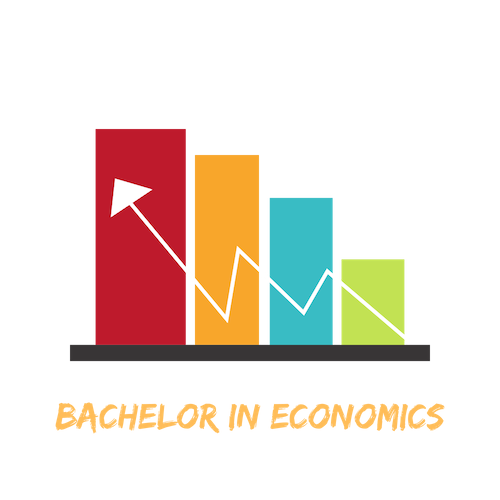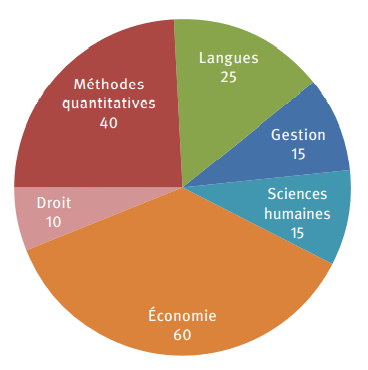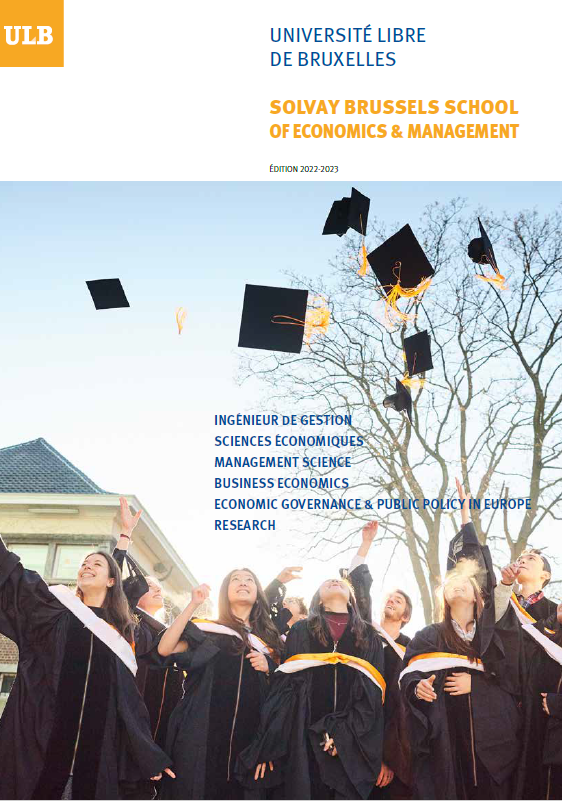In the same section
- Why SBS-EM is the right choice
- Students book
- Bachelor Programmes
- Master Programmes
- Specialised Masters
- QTEM
- PhD Programmes
- Solvay Lifelong Learning - Executive Education
- Pedagogical Support Office (BAPS) & Help to Succeed
- Teaching Awards
- Solvay Career Services
- Teaching Sustainable Development
- Engaged students
- Programmes in Vietnam
- Prizes
- Assurance of Learning (AoL)
-
Share this page
Economics
Bachelor in Economics

The Bachelor degree in Economics provides advanced training to anyone interested in understanding how the economy works from the workings of specific markets (like labour markets or financial markets) to the role of the State, and the integration of our economies into the global economic and financial system.
The programme is highly multidisciplinary. On top of a rich variety of economics courses, it provides strong foundations in quantitative skills to support the development of students’ modelling skills as well as strong foundations in other human and social sciences to ensure their analyses are properly grounded and contextualised. Emphasis is increasingly placed on applications over the course of the programme, with individuals, firms, markets or the entire economy as central subjects of study.
Language proficiency is strongly encouraged, with courses in Dutch and English throughout the curriculum.
The programme takes part to the Sustainable Development initiative [add a link when available]. It exposes students to sustainable development challenges and their solutions, through the lenses of different courses within thematic pathways integrated into the programme.
Distribution of credits per sectors (without minors)

Economics: microeconomics, macroeconomics, industrial economy, international economy, etc.
Quantitative methods: mathematics, statistics, econometrics, informatics
Languages: English, Dutch**
Management: accounting, management control, finance, marketing, human resources management, etc.
Human Sciences: psychology, sociology, economic history, economic geography, etc.
Law: private law, commercial law, tax law, labor law, etc.
* The distribution of the languages is provided for information purposes only and is calculated without the minors
** The teaching of Dutch can be replaced by German (only if the student didn't follow Dutch classes during its last two years of secondary school)
Contact
For information about our bachelor programmes, contact us by mail (bacheliers.solvay@ulb.be) or by phone +32 (02) 650.65.93
Read our brochure
